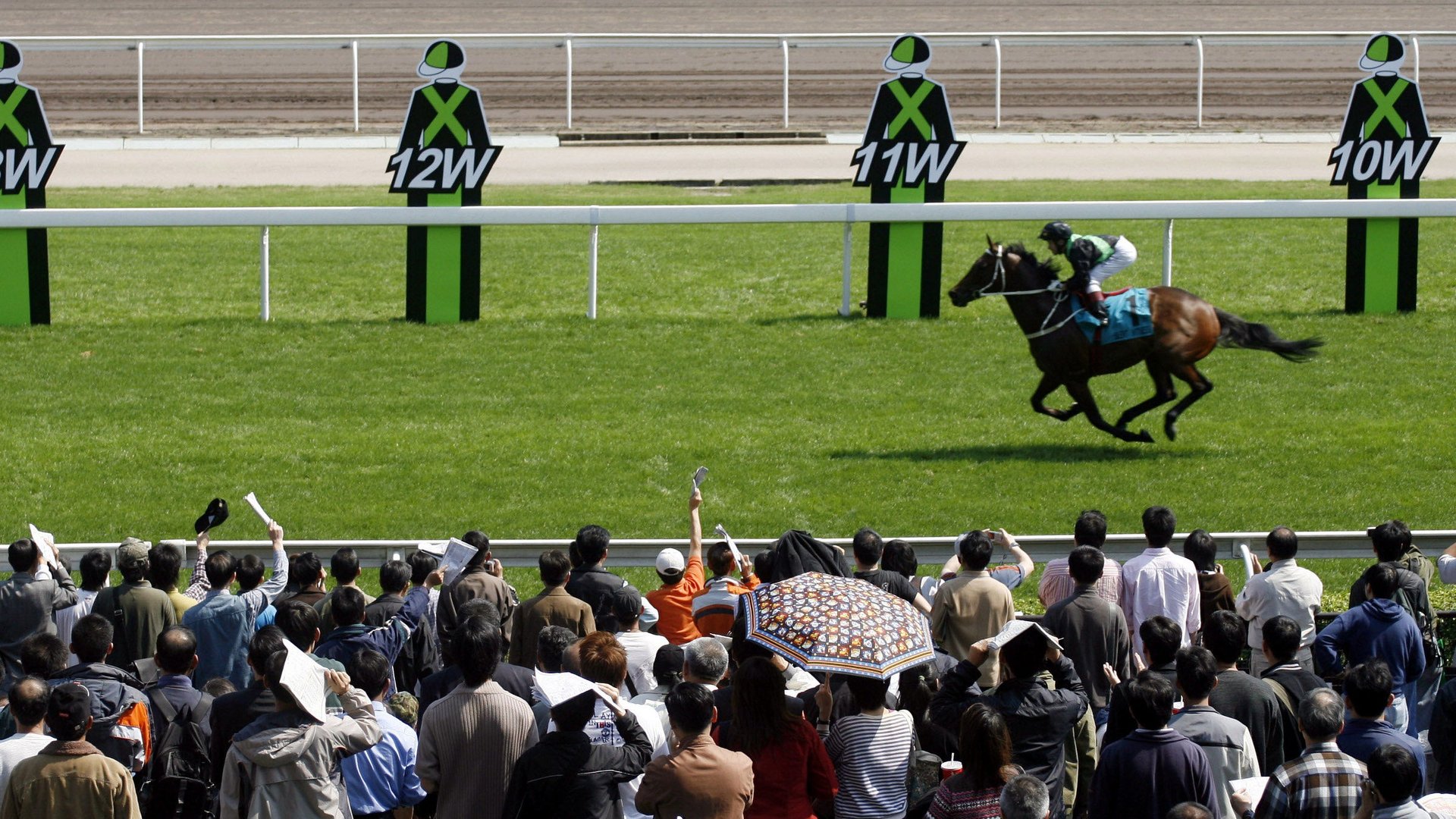Two Asian gambling fortunes fight over America’s next Defense secretary
To navigate politics in Washington, you need a little luck, but it’s better if you already know the odds are in your favor.


To navigate politics in Washington, you need a little luck, but it’s better if you already know the odds are in your favor.
That’s what Chuck Hagel, President Obama’s nominee for US secretary of Defense, found out last week when rumors of his nomination were floated. He was immediately attacked by conservative pundits and organizations for statements they characterized as being too weak in the face of Iranian nuclear intransigence or not sufficiently supportive of Israel. To bolster his nomination, a lobbying group aligned with the Democratic Party launched a small ad campaign around a group of bipartisan foreign policy eminences, including former National Security Advisers Zbigniew Brzezinski and Brent Scrowcroft, endorsing Hagel for the job.
The money for this campaign, Foreign Policy’s Josh Rogin reports, came from Bill Benter, a billionaire and frequent Democratic donor whose fortune comes from an unusual place: He’s arguably the most succesful sports gambler in the world, having rigged up a high-tech way to maximize his success at Hong Kong’s famous Jockey Club. Here’s an excerpt from a great Wired profile of his work:
Computer teams pick their winners by culling data from past performances. They use custom-tailored software programs to determine their own odds, search for overlays (situations in which their odds – the calculated, objective odds – are more advantageous than the public’s typically subjective odds), and place bets that can deliver big dividends for reduced risk. Team leaders provide the multimillion-dollar bankrolls, supplemented with investments from the 30 to 40 other members. Their jobs range from accounting to code writing to placing the bets. Annual salaries start at $50,000 for those who enter the wagers by phone and rise to more than $1 million for chief technology officers. […]
“Computer teams are at a terrific advantage,” explains Richard W. Munchkin, author of the forthcoming Gambling Wizards. “Imagine if Fidelity were the only professional investing company, and all the other investors were amateurs who chose stocks at random, on the weekends, for entertainment. Fidelity would be making a lot of money at the expense of those less serious investors.”
Benter was one of the first and best to arrive in Hong Kong’s racing world with a sophisticated computerized model; he’s also a master of disguising his bets through diverse proxies so that he can wager large sums without shifting the odds. In Hagel’s case, Benter wagered a comparably small sum—about $35,000—to shift the conversation around one of his home country’s most important public officials.
And Benter isn’t even the most politically active American boasting a fortune from Asian gambling. That title goes to Sheldon Adelson, the casino magnate whose holdings in Macau help finance numerous conservative political causes. Adelson gained attention during the Republican presidential primary for his support—to the tune of $20 million—of former Speaker of the House Newt Gingrich’s ultimately failed campaign.
Adelson is known for his advocacy of Israel’s conservative government. Hagel, who has criticized Israeli policy while remaining a staunch defender of the country, has already come under fire from conservative pro-Israel organizations supported by Adelson, like the Republican Jewish Coalition. Benter, meanwhile, is a major funder of J Street, the liberal pro-Israel organization that supports a two-state solution and, incidentally, Hagel’s nomination.
Which means that, in the weeks to come, the media battle over Hagel’s nomination—and the ever-touchy role of Israel in American politics—will likely be financed in part by the gambling losses of Asia’s bettors.
Meanwhile, in Israel, nobody seems much to care.